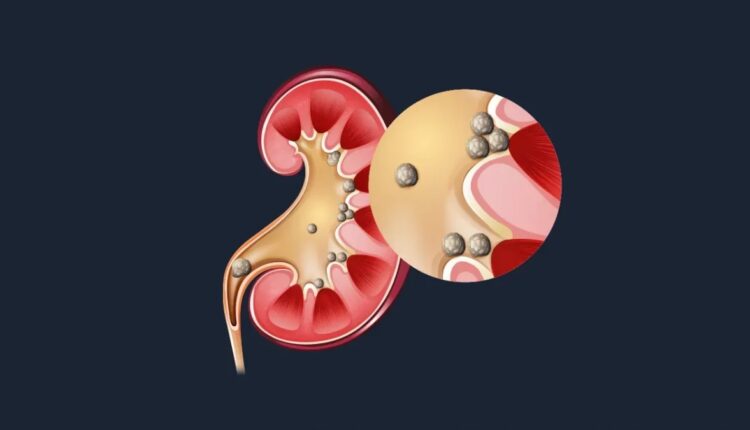The Science of Citric Acid: Understanding How It Can Help Prevent Kidney Stones
Kidney stones can be a painful and uncomfortable experience, affecting millions of people worldwide. One of the most common types of kidney stones is calcium oxalate stones, which form due to the buildup of calcium and oxalate in the kidneys. However, recent studies have shown that citric acid can play a crucial role in preventing this buildup and reducing the risk of forming kidney stones. But what exactly is citric acid, and how does it work in preventing kidney stones?
Be kind to your kidneys.
- When it comes to preventing kidney stones, one of the most powerful tools at your disposal is actually hiding in plain sight: citric acid.
- This natural compound, found in everything from citrus fruits to sports drinks, has been shown to help reduce the risk of kidney stone formation.
- But why is citric acid so effective? Essentially, it comes down to how it interacts with our kidneys.
- By binding with calcium in the urine, citric acid helps to prevent the formation of calcium oxalate crystals—the main culprit behind kidney stones.
sour but sweet solution.
Citric acid is a sour but sweet solution that has long been known for its ability to enhance the flavor of foods and drinks. But did you know that it also has several health benefits, including the prevention of kidney stones? Yes, that’s right! Citric acid, found in citrus fruits like lemons, limes, and oranges, can help prevent the formation of painful kidney stones. How does it work, you ask? Well, citric acid helps increase urine volume and pH levels, which can help flush out minerals that can form stones. Additionally, it can also bind with calcium to prevent it from joining with oxalate, one of the most common kidney stone-forming minerals.


Comments are closed.